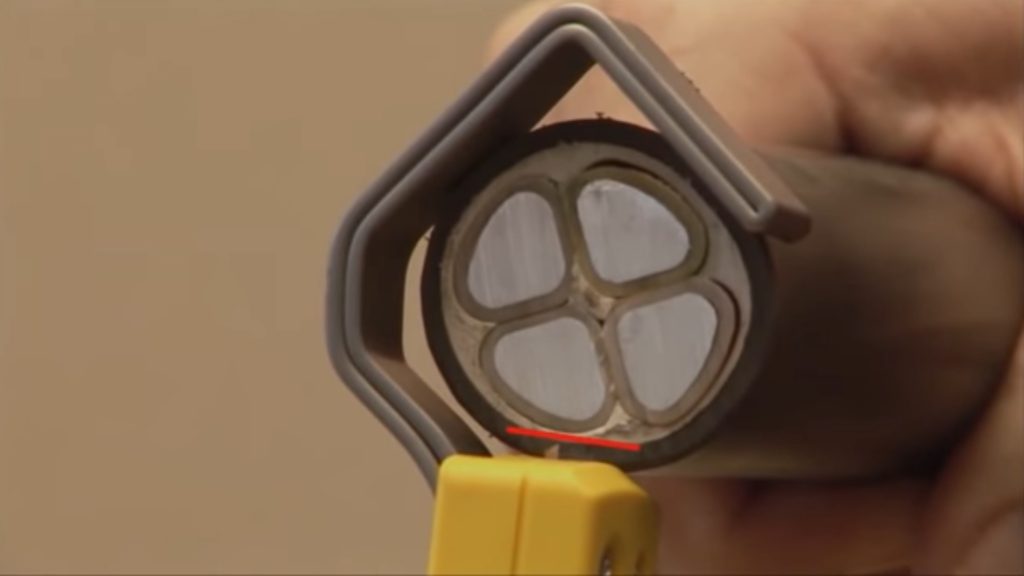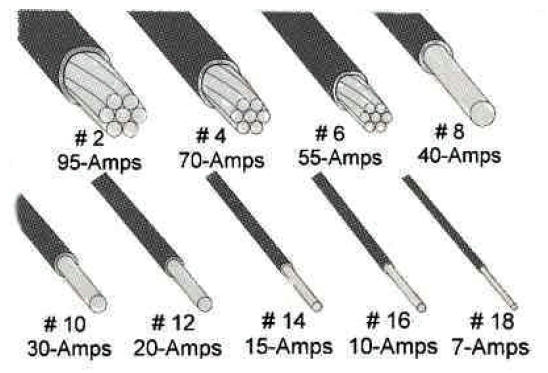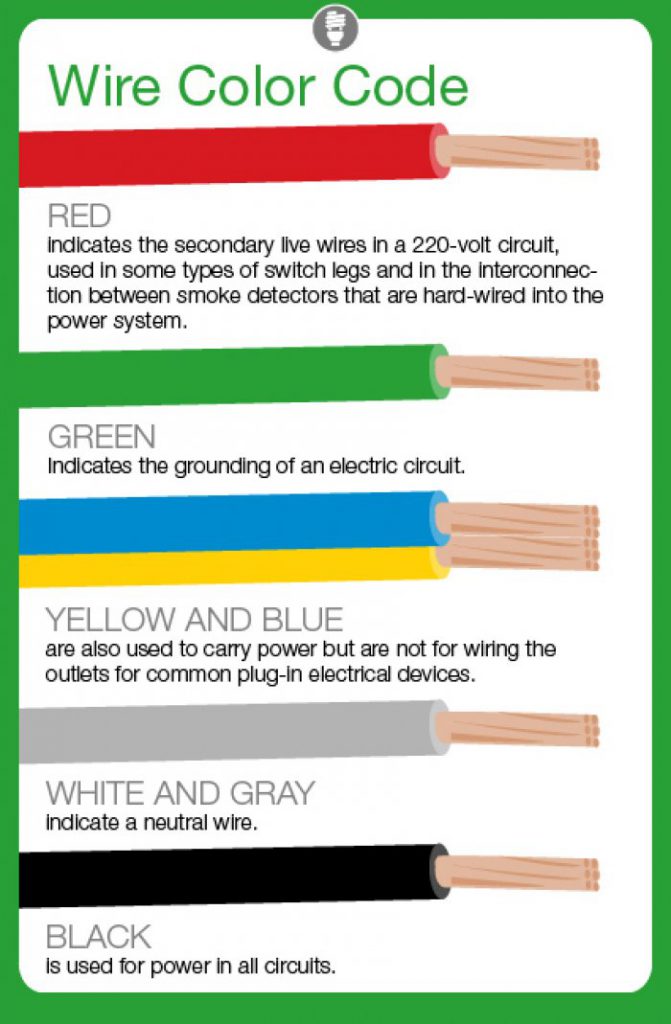Electrical Wiring & Cable: What You Need To Know
When it comes to electrical wiring and cable, you want to make sure you are absolutely certain that you are getting the right materials. The wrong wiring or cable can result in the all feared electrical fires, and that is not something you want to deal with. The right electrical wiring and electrical cable makes all the difference in creating the fully wired homes or commercial buildings as needed. Trumbull County, Geauga County, and Portage County all require the materials to be factory certified before installation so buying off-brand products from non-approved suppliers could cause potential hazards.
Different Materials For Different Needs
One of the first things to understand is that there are very different wire sizes and ratings based on what exactly the wires or cables are needed for. If you are going to be buying a type of wiring you need to make sure you understand what your options are.

Most wires will be copper (CU) although older ones might have an aluminum mix depending on what you are dealing with.
Just a small number of wire ratings or symbols include
– Thermoplastic insulation (designated as “T”)
– H = Resistant to heat (normally up to 194 degrees F)
– W = Can be used in damp or wet locations
– N = The heavy duty stuff that is impervious to oil or gas damage
Wire Size Matters
Wire gauges usually come in 6, 8, 10, 12, and 14 gauge sizes and this can affect what they are most commonly used for and the level of amps each one can conventionally handle. Generally speaking, the higher number the gauge, the lower the number of amps it can handle. This is a crucial fact to recognize because having the wrong wire for too many amps is going to be a massive problem.

Electric Cable Color Coding
With wiring, it’s also important to note that color often plays a major role in helping to tell you more about it. White insulation is usually relatively neutral (although there are cases where that isn’t true), green insulation means its a ground wire, while all other colors basically mean they’re hot and they carry a current.

Wire Versus Cable, What’s the Difference?
There are a lot of questions about wires versus cables, but that’s a question that shows not having a complete understanding of what those terms actually mean. While many people might use those two terms interchangeably as synonyms, a wire is one electrical conductor, and only one. A cable is a group of wires that is encased together in some type of sheathing.
That’s why there is no wire vs. cable for which is better, cables are simply examples of multiple wires that are being sheathed together. Depending on the setup there are certain appliances or situations where cables will be needed, and it’s important to understand the National Electrical Code (NEC), as well as any more specific local building ordinances so you know what types of wires and cables are allowed.
In some places the type of installation is restricted or requires permits in order to make any changes.
In Conclusion, electrical work is never something you want to deal with in an improv, DIY type of way. Make sure to always understand the wiring and cable fully or hire a licensed professional who does and you won’t regret it!
